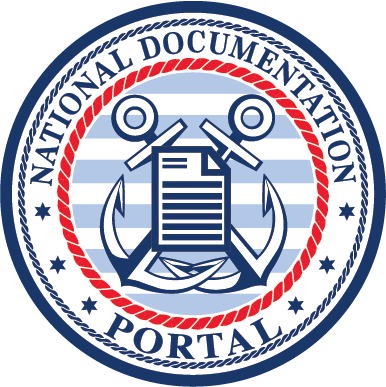
The procedure for selling a boat that does not have any paperwork is somewhat different from the procedure for selling a documented vessel. If you have a documented boat and are interested in selling it, read on. It is essential to remember that if your boat does not have the proper documentation, you will have to take additional actions to guarantee that the boat may be registered in the new state. If you own a vessel that the US Coast Guard records and are considering selling it, there are a few things you need to bear in mind before advertising an official title. It is not enough to merely post a “for sale” sign on your boat and anticipate that customers will arrive to make purchases. Compared to a boat that does not have any paperwork, the procedure of selling a vessel with documentation is far more complicated. The following are some suggestions on how to sell a documented vessel:
Review Your Boat’s Documentation and Determine Its Selling Value
According to mass.gov, you need to make sure all the paperwork associated with your boat is current before you start. This involves registering the vessel, obtaining insurance, and proving that you own it. The last thing you want is for a nervous buyer to be waiting for bureaucratic hoops to be cleared while you stumble through the paperwork. Be cautious to confirm that the paperwork for your boat will allow it to go across state borders from where you now reside to where you want to sell it. You may find out whether or not your boat qualifies for this transfer by contacting the Department of Natural Resources in your state. After you have verified that your documentation is in good order, the next step is to have a marine surveyor or appraiser evaluate your vessel. They will provide you with an accurate value for the cost of the documented vessel in addition to any additional components that come with it, such as engines or electronics.
Make Repairs and Upgrades as Needed to Increase Your Boat’s Value
Be honest about how much time you can devote to the sale before moving on to other things. If you wait too long, no one will be interested in purchasing your boat since it will need an excessive number of repairs before it can be considered seaworthy. Potential purchasers may see it as a money hole if you are continuously upgrading it with new features and aesthetics, and they may be hesitant to purchase it. In any case, you must be prepared to leave the situation when the appropriate moment arrives. If you have decided that you are ready to sell your boat but are unsure as to what kinds of renovations or repairs would help you get the most out of it, you should go online and do some research on comparable boats to yours in size and design.
Prepare A Detailed Listing That Includes Photos and Information About Your Documented Boat
Make sure to include images and as much information as possible about your yacht in your listing. Be as detailed and forthright as possible in your description to help customers avoid experiencing buyer regret. Ensure to include a description of any issues that have been shared with the boat, so that prospective buyers know what they are getting into immediately. Make sure to note whether or not it has been damaged in the past or has needed repairs; buyers may be put off from acquiring your boat if they believe there is a possibility of more costly damage occurring in the future, and even slight deterioration may be enough to turn them off. Remember to include what you like most about your boat since this will be helpful to other boaters in persuading them that this is, in fact, the perfect boat for them. If you can provide prospective purchasers with further details on the state of your boat, it will be much simpler to determine whether or not they are interested in purchasing it and at what price.
Follow Up with The Buyer After Finalizing the Transaction on Selling a Documented Vessel
You’ll need to work out a deal with a buyer and complete the transaction of selling a documented vessel before you can list your yacht for sale. In the end, it’s all about patience and solid communication skills, which are essential when negotiating with purchasers and signing the final paperwork. Hire a maritime law attorney to assist you in arranging and ensuring everything is legal and fair for all parties involved if you’re having problems talking with purchasers or signing paperwork. Once you’ve gotten payment confirmation, the following step is to contact the customer. Thank them for their business, and let them know that you look forward to dealing with them again if they need anything else from you. Putting in a little work now will go a long way toward making sure your clients don’t feel like another number on a list when it comes time to pay.
Selling a documented vessel can be an exciting time, but it can also be a complex process. This is why we’re here to help you! Contact Vessel Documentation Online LLC today at (877) 564-1398 for more.


